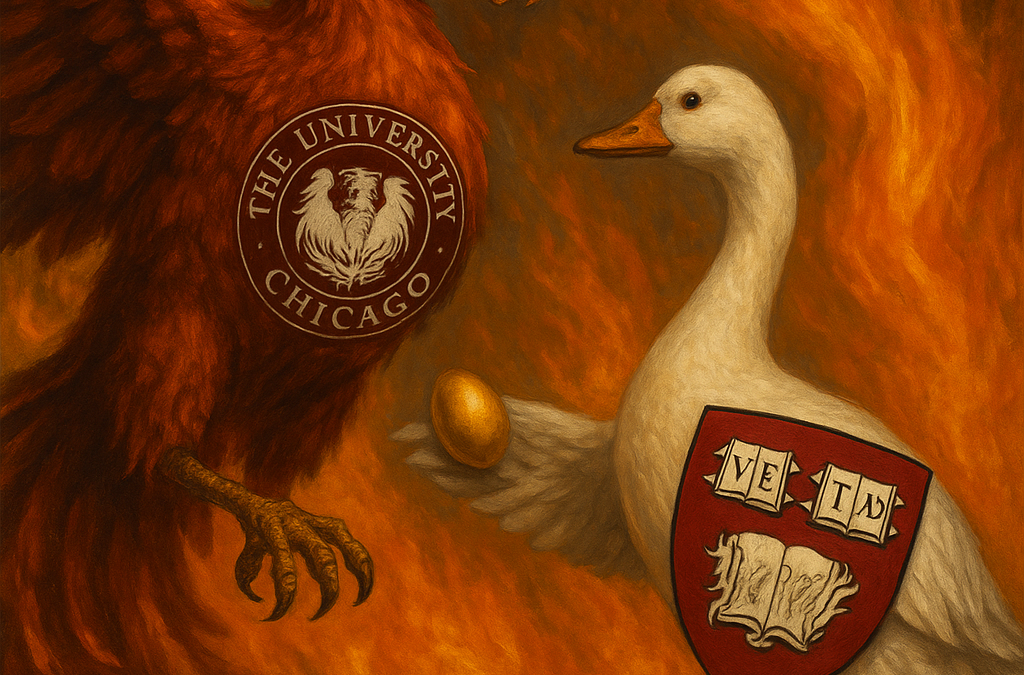
Some of you who follow me on YouTube know that I’ve been conducting some coverage of the PKR Deputy President elections featuring former deputy President Rafizi Ramli, and incoming deputy President Nurul Izzah.
Sometimes it’s good to take a moment to think about the events that have happened over the course of the past, to understand things a little deeper, so I decided to do an analysis of the election results, which I’m sure many Malaysians were following.
It is my first time doing this, and I will share my thought process along the way.
When I look at the vote totals and also who got how many votes, I realize that we have been told earlier that there were about 32,030 people who were eligible to vote.
Yet, at the same time, when we added together the votes cast for Rafizi and also Nurul Izzah, the total was only 13,669. This was a 42.7% turnout.
Now, this was significantly better compared to previous PKR elections during which the turnouts ranged from about 10–15%.
But thinking about that made me realize something important:
Firstly, Nurul Izzah only has about 30% of the vote and she does not have a strong mandate.
Second of all, this system made it so that what we see seems to be a highly improbable result.
Now, some of you may know that PKR recently moved over to a delegate system.
The way that it works is that there are 220 divisions of PKR and they all select a certain number of delegates to end up making up the total pool of people who are eligible to vote.
In other words, this is not a random sample – This is not the general population.
Indeed, if it were, and we were dealing with just your average everyday social media poll, it is almost a foregone conclusion that Rafizi would have won. Don’t believe me? Look at any poll.
I even did one here a while ago with 1200 votes, which you can see here – http://youtube.com/post/Ugkxq5t-Nqjdp…
It’s not a huge poll, but you can also look at larger ones from people like Halim Romli or otherwise – they show the same result.
Yet, Rafizi did not win.
Of course, social media doesn’t reflect reality. Look at all you silly people reading this – you’re not a part of reality and figments of the imagination and NO poll conducted on social media could POSSIBLY reflect reality, kan kan? ![]()
Jokes aside, pause your mental gymnastics: it gets a little stranger than that.
Recall that PKR elections take place in two stages, beginning with divisional, and the winners of divisional elections get to select the voters for the deputy president elections. Each division leader (there are multiple in a division) then selects the people who make up the eligible delegate pool; repeated enough times, we end up with the total pool of 32,030 eligible voters.
So, the people who were selected to vote in this case were likely selected because perhaps they had views that aligned with the delegation leader/division leader.
Perhaps that’s not the case, but it could be reasonably construed that if such people were actually chosen, then on account of the way that the delegate system was designed, that at the very least they would cast votes.
Yet somehow or another, we see that the converse is quite true.
From the total split of online and in-person votes, we can see that there were 9,029 physical votes.
Given that there were only 13,669 votes in total and only online and in person votes were possible, this logically means that the total number of online votes cast was 13,669 – 9,029 = 4,640.
At the same time, we also know that the very fact of physical voting and showing up to the premises should mean that everyone who showed up in person cast a physical vote (unless they showed up for no reason and none of them voted? LOL), which means that if we apply the principle of complementarity, the entire remainder of votes eligible to be cast were from the total pool of online-eligible delegates – 32,030 – 9,029 = 23001 such votes were possible.
However, it looks like only a very small proportion of these voters actually made the choice to vote – When we calculate the total number of online votes divided by the total number of online-eligible votes, the percentage that we get is (4640/23001)*100% = 20.2%.
Now I find that extremely interesting.
All these people who were selected specifically so that they could take part in the election and could vote basically did not vote—even though they could have very easily signed in to the portal, put in their login details, and then cast their votes from the comfort of their homes.
…Weren’t they selected by leaders to do exactly that to determine the entire future of the party???
Now what does this say?
There could be a few things.
The first is that, well, perhaps all these people are just not online savvy and were unable to carry out the vote, or just missed the voting deadline.
Now this is possible, but it seems to point to a major gap.
Did the party not instruct its delegates on how to vote?
Did they forget to vote and forget the date?
That doesn’t reflect particularly well on the party, because it shows incompetence and poor organizational architecture.
But that’s just a couple of boring possibilities of several.
Here’s the next possibility.
What if people basically just decided not to vote because they didn’t care, really?
In that case, then it seems that the party was not really responsible in enforcing discipline or getting people to cast their votes. But then that too is just one interpretation of many possible interpretations.
Now here’s the last and unfortunate set of possibilities.
What if people decided not to vote because they felt that the result was already preordained, or that even if they voted, they would not make a difference, or they abstained because they felt that there was something seriously wrong with this process? Is it also entirely out of the realm of speculation to imagine that perhaps there could be a scenario whereby members have their votes not be anonymous, and their identities could be revealed to the party leadership, thereby causing them to choose not to vote in the first place for fear of voting against the party line and losing all their chances of being promoted in the party hierarchy…?
Well, that’s an unpleasant thought.
Here are my main questions:
Q1. If these people were delegated, meaning specifically chosen to vote in the election and equipped with that privilege, then why is it that the overall voter turnout was so low?
Did they not care about the vote? Were they unable to vote? Did they choose not to vote for certain reasons of which we are not aware?
How were these ‘delegates’ chosen?
Q2. Why was the online voter turnout so low?
What does it say about a party’s future-readiness when 80% of its online-eligible delegates don’t even log in?
Q3. Considering that the delegated voter turnout was so low, is the election result truly a reflection of what the party actually wants?
Or is it really just a manufactured consensus brought about whereby the deputy president of the party received her presidency when she, at the end of the day, was voted in by barely 30% of the total eligible delegate base?
Q4: If everything has gone above the board and people have voted in larger proportions, then would the election result have been different?
Q5: Did party leaders have access to information about who cast what vote, and would that have given voters an incentive to toe the party line… Or else?
The Malaysian people may never really know the answer to this set of questions, but I think that they are relevant to put out there in the first place. It is interesting that this entire process is so opaque, yet somehow or another, we are sold a vision of profound democracy, reform, and a change to the old way of doing things in lieu of a new guard.
Should PKR really retain the election result given these questions that are at hand here, with no concept of a quorum, missing voters, and multiple open questions about what happened and why nobody is saying anything about it?
Oh yes, and I’m aware that this post is currently being shared to a few places – I am honored! Please feel free to share further if you find the questions it raises insightful.
Also, if you’d like, consider watching the context for my analysis here:

